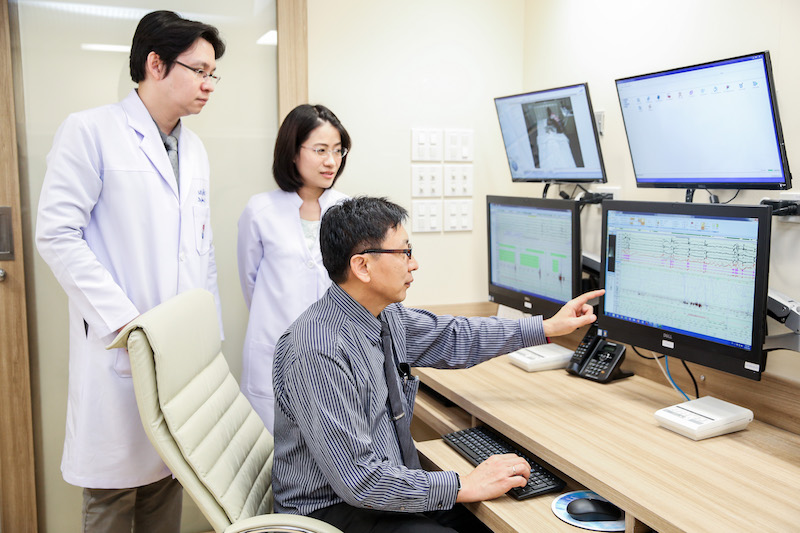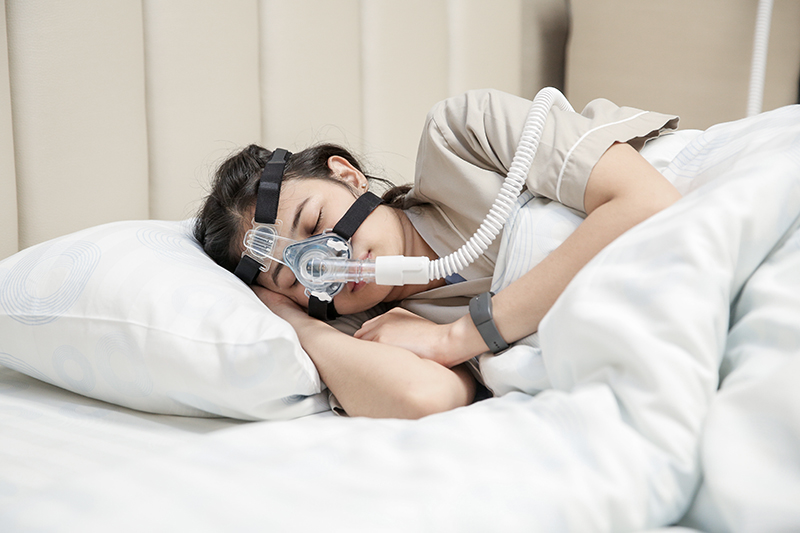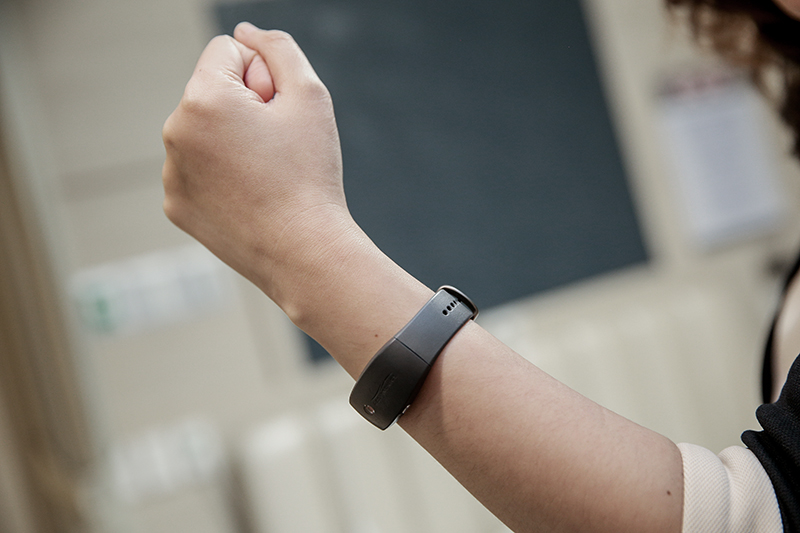Currently, the number of patients who have found abnormalities in the brain has increased, especially diseases related to sleep. There is a continuous upward trend in patients who have problems with snoring, abnormal breathing, deep sleep, oversleeping, or sleeping both day and night, sleeping for 3 – 4 days, which affects daily life, making the body not refreshed because of insufficient rest.

The sleep examination center emphasizes offering health examination services for sleep to analyze the functions of various systems of the body during sleep, the respiratory system, blood oxygen levels, brain electrical activity, heart electrical activity, muscles, and various behaviors during sleep. Abnormal sleep, snoring, excessive sleep, abnormal breathing, and conditions of sleep disorder such as dreaming or body movement during sleep. Some patients experience staring, teeth grinding, facial twitching, and spasms while sleeping. Technicians in the sleep lab will take care of the patients 24 hours a day.
Many patients who have had health checks at the hospital found sleep disorders. Symptoms of abnormal sleep (Sleep Disorders) are increasingly being found and are receiving a lot of attention because they are considered a silent threat that significantly increases the risk of various diseases such as high blood pressure, diabetes, stroke, heart disease. Patients can undergo a sleep examination by a sleep lab to diagnose and assess the severity of the disease.

The sleep examination center is ready to offer services both during the day and at night, able to examine both children and adults, with complete equipment in an atmosphere similar to a bedroom at home. If a certain level of apnea rate is found, it may require the use of an upper airway blower (continuous positive airway pressure) or CPAP to open the airway, help reduce apnea and snoring symptoms. Normally, during sleep, a long uvula and a large tongue base will fall, blocking the upper airway, making the upper airway narrow. The blown air will spread the airway, helping to reduce airway obstruction, making patients not snore and not have apnea while sleeping.
In addition to the condition of snoring or stopping breathing while sleeping, there is an abnormal daytime drowsiness, drowsiness while driving leading to accidents on the road, which excessive daytime sleepiness may be caused by many reasons. Because quality sleep is not only about the duration of 7 – 8 hours but also depends on the depth level of sleep for the body and brain to rest fully. Insufficient sleep, working dawn till dusk, results in abnormal sleepiness which may occur due to various causes, such as Narcolepsy. Patients in this group feel sleepy during the daytime; if they nap, they feel refreshed, but soon after, they feel drowsy again.

Currently, there is an Actigraphy device, resembling a watch, which is a tool for measuring movement (Accelerometer) that can measure the intensity and frequency of body movement, monitoring patient’s behavior during sleep to interpret sleep and wake cycles. The device, worn on the dominant wrist, throughout 1 week at home, will record movements every 1 – 5 seconds. The data will be analyzed to assess the sleep and wake cycles along with a Sleep Test where the physician will analyze and interpret the results, to plan treatment for each patient.
